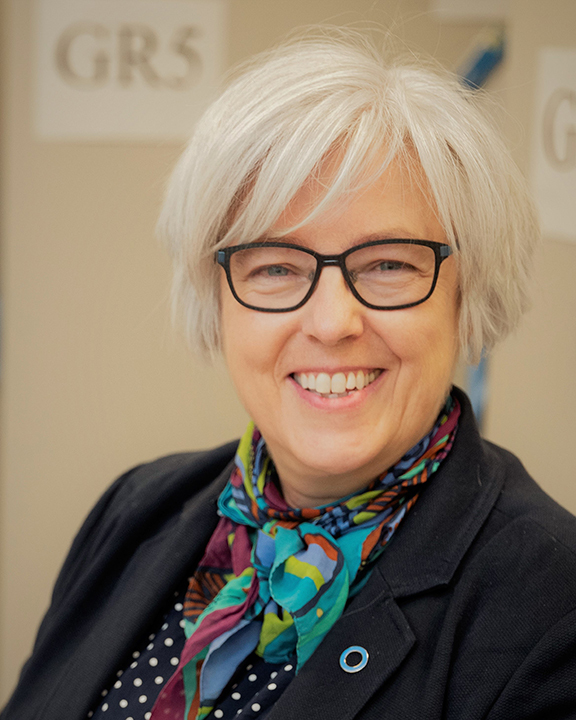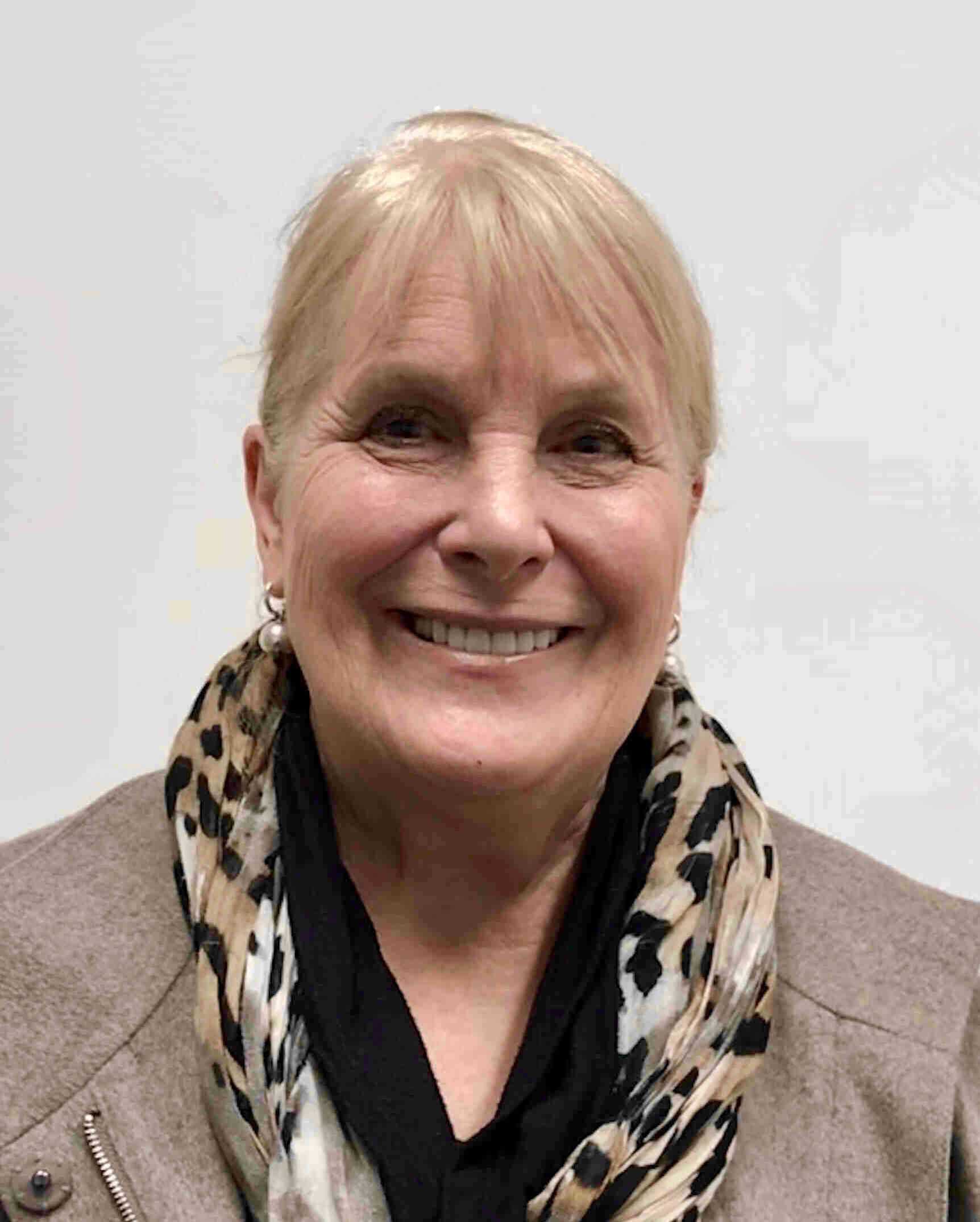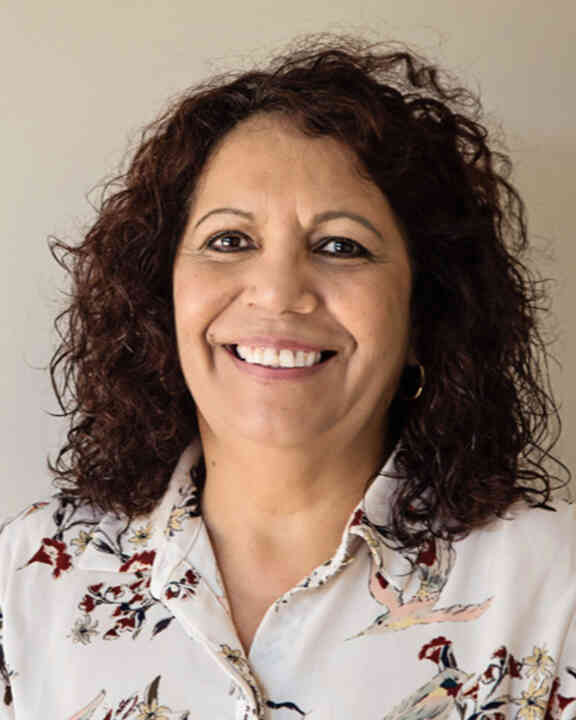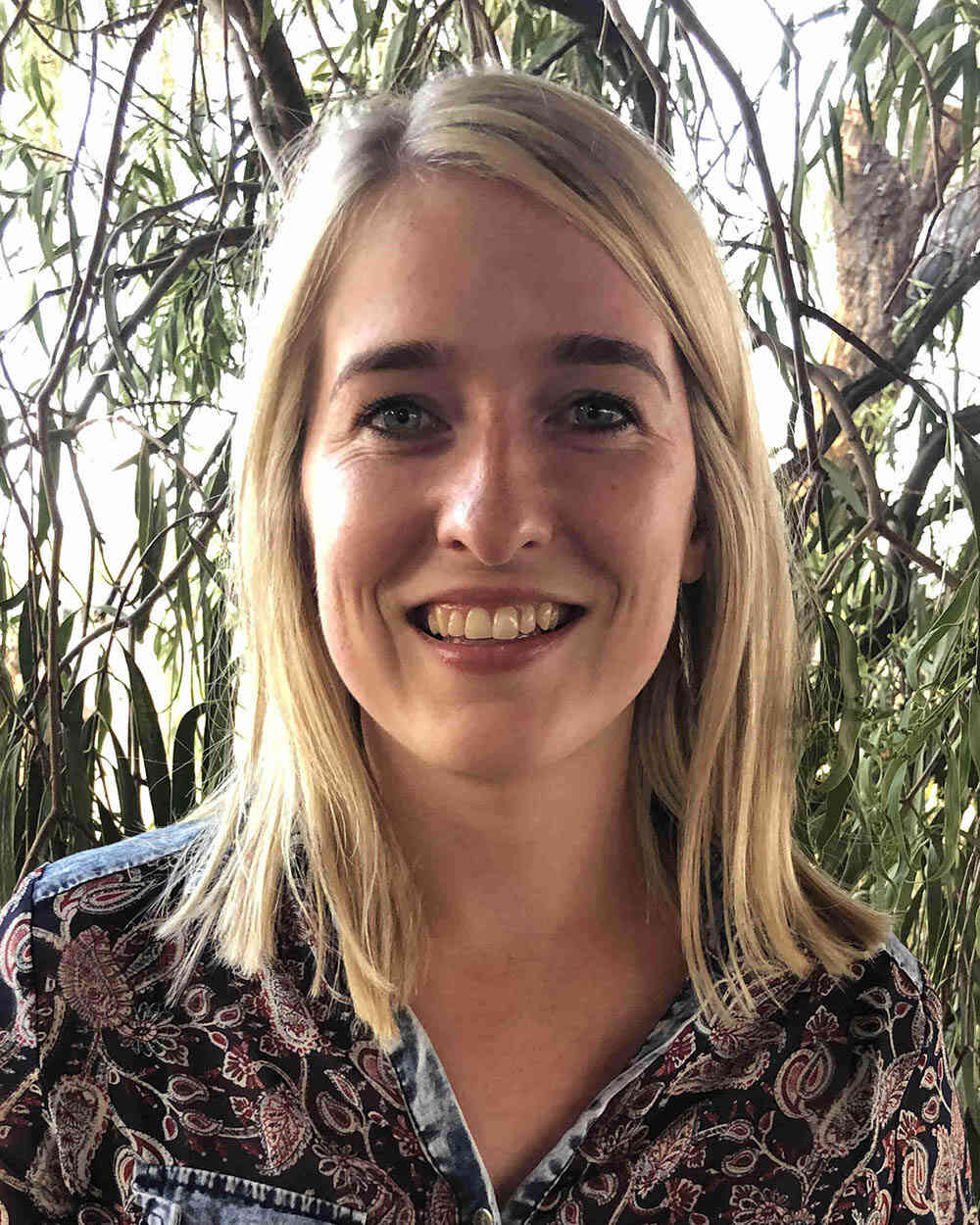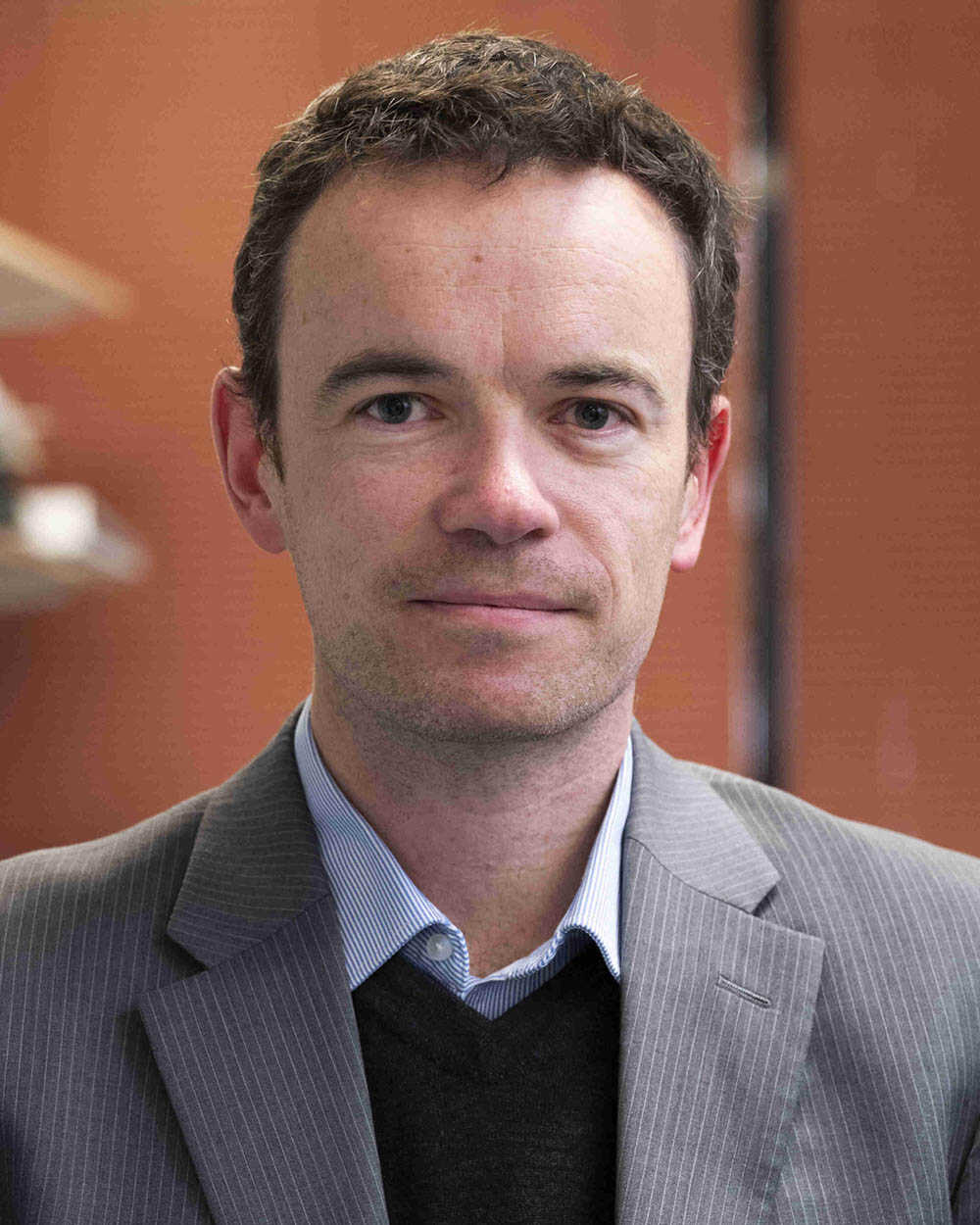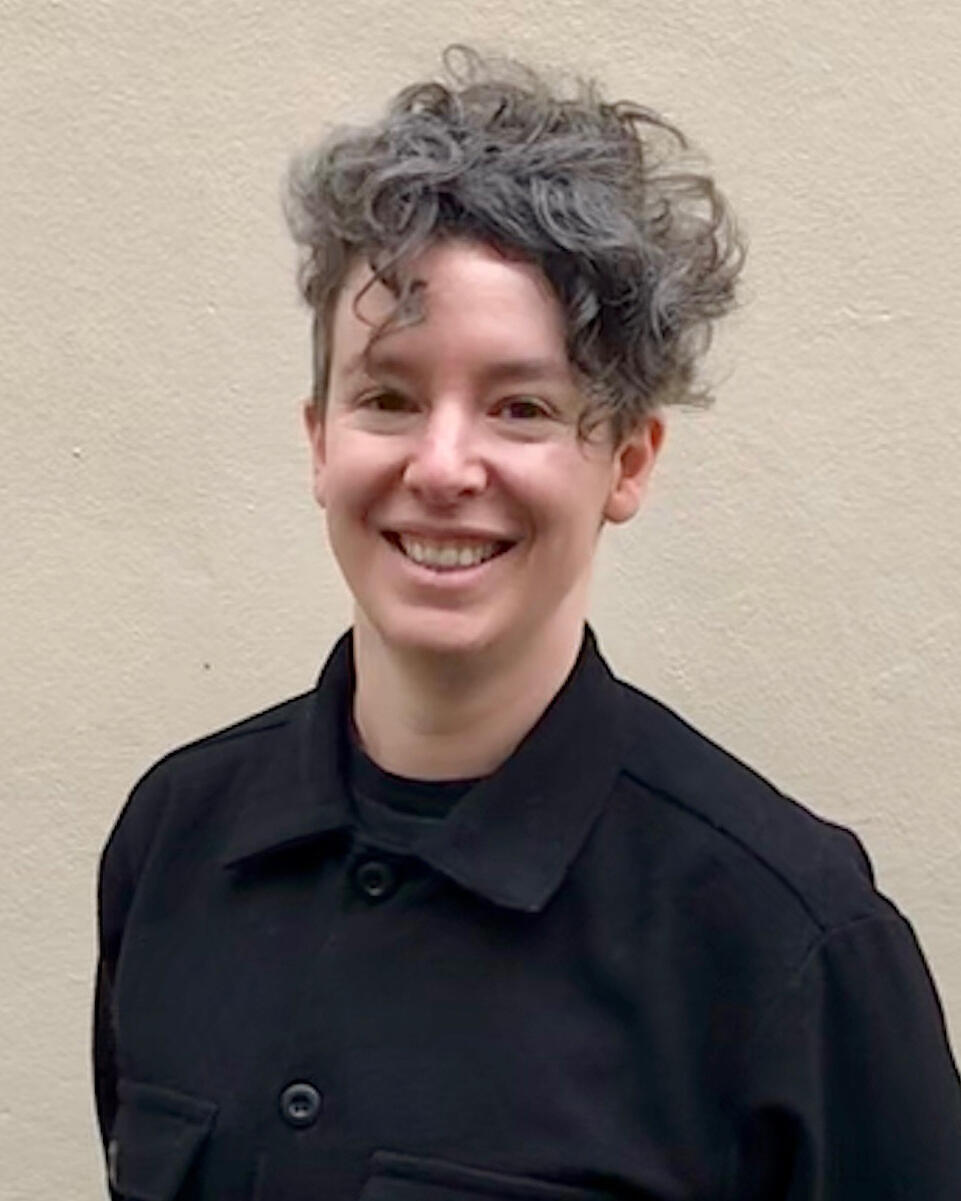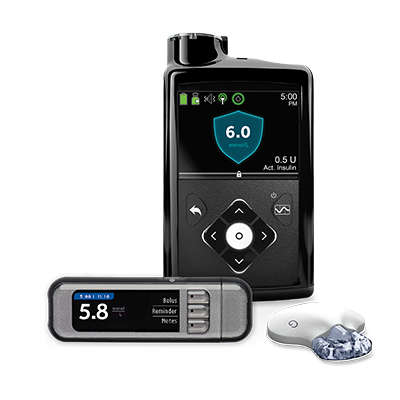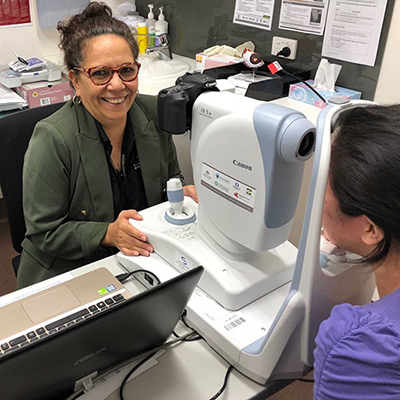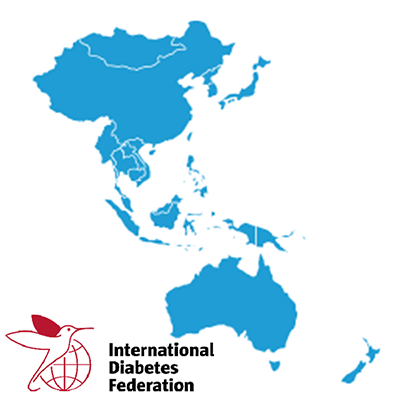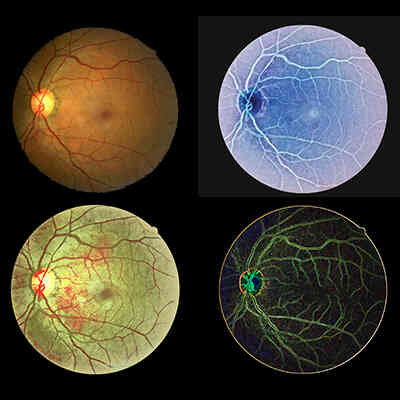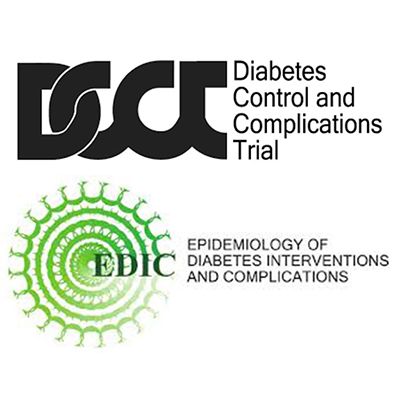Professor Alicia Jenkins
MBBS, MD, FRACP, FRCP
After growing up in rural Victoria, Australia, Alicia graduated from medicine (Uni. of Melbourne) then trained as a physician / endocrinologist in Australia, Ireland and the UK. After completing a research degree in diabetes (MD) she researched in the USA for seven years and returned to Australia in 2000 to clinical, teaching and research practice at the University of Melbourne. In 2013 she became a Professor of Diabetes and Vascular Medicine at the NHMRC Clinical Trials Centre / University of Sydney, and she continues diabetes clinics at St. Vincent’s Hospital, Melbourne. She has over 36 years clinical experience and 30 years research experience.
Her particular interests are the clinical care of people with Type 1 diabetes, the prediction, prevention and care of diabetes complications, the use of technology (e.g. insulin pumps, glucose sensors and telemedicine) global health and equitable access to diabetes care. Her group has a large biomarker laboratory with skills in clinical, biochemical and molecular assays and related biobanking (sample collection and storage for later testing) and data analyses. With her colleagues she has over 400 publications, cited over 10,000 times and a Scopus H-index of 53 (May. 2020). She is Chief Editor on a major textbook Lipoproteins in Diabetes (Human Press).
Alicia served an 8-year term on the Australian Diabetes Society Council (till 2012) and is currently Co-Director of the Precision Medicine Flagship of the Australian CardioVascular Alliance (ACvA) and on the International Diabetes Federation Western Pacific Region Executive Council where she has lead roles in the Disaster Response Guidelines group and the study of Type 1 diabetes in the Western Pacific Region. Since 2000 she has been on the Board of the diabetes aid organization Insulin For Life and collaborates with the Life For a Child Program. Alicia was awarded the 2019 Australian Diabetes Society Kellion Award in recognition of her outstanding contribution to diabetes research and clinical practice in Australia.
